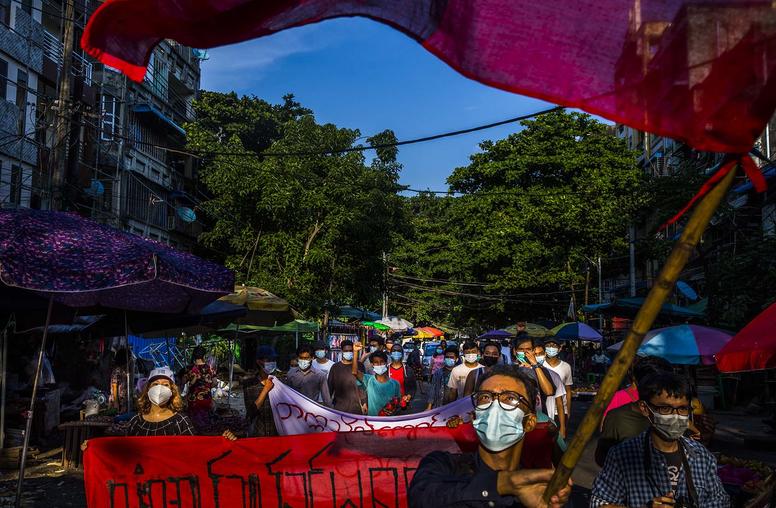Carl Stauffer, Ph.D.
Contact
Please submit all media inquiries to interviews@usip.org or call 202.429.3869.
For all other inquiries, please call 202.457.1700
Dr. Carl Stauffer is a senior expert on reconciliation for the U.S. Institute of Peace.
Stauffer comes to USIP with 30 years of experience in 37 countries as both a practitioner and academic. Before joining USIP, Stauffer was associate professor at the Center for Justice & Peacebuilding at Eastern Mennonite University. While in academia, Stauffer also functioned as the academic director of the Caux Scholars Program in Switzerland and co-director of the Zehr Institute of Restorative Justice. Prior to that, Stauffer served 16 years in South Africa, holding positions of regional peace advisor for the Southern Africa region, program director of the Africa Peacebuilding Institute and education and training coordinator for the Letsema Conflict Transformation Program. Stauffer entered the field in 1991 as executive director of the Capital Area Victim-Offender Reconciliation Program in Richmond, Virginia.
As a seasoned peacebuilding and reconciliation practitioner, Stauffer has done consulting and training with organizations such as UNDP, USAID, World Vision, ICRC, Asia Foundation, CRS, Tear Fund, SIDA, Oxfam and the government ministries of Justice in Jamaica, Community Development in Trinidad and Safety & Security and Land Affairs in South Africa. Stauffer has worked with multiple transitional justice processes including peace accords, community-police forums, truth and reconciliation commissions, collective trauma recovery, DDR and ex-combatant reintegration, reparations, memorialization and local community development.
Stauffer’s academic interests include restorative and transitional justice, post-war reconstruction and reconciliation processes. His research concentrates on a critique of transitional justice from a restorative and transformative frame, and the application of hybrid, indigenous community justice approaches. Stauffer’s most recent publications focus on positioning the Restorative Justice field as a transnational social justice movement.
Stauffer received his bachelor’s in social work and religious studies and his master’s in conflict transformation from Eastern Mennonite University. He earned his doctorate in conflict resolution and peace studies from the University of Kwa-Zulu Natal in South Africa.
Key areas of expertise in reconciliation:
- Transitional Justice
- Trauma Recovery and Resilience
- Post-war Reconstruction
- Restorative Justice
- Peacebuilding Processes
- Nonviolent Social Action

